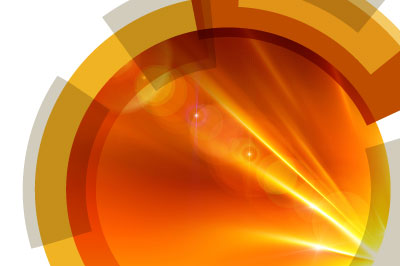Introduction
Electrochemistry is undergoing a renaissance. It is unquestionably the science at the centre of energy technologies such as batteries, fuel cells and solar cells, and it plays a key role in widely used and emerging sensing and diagnostic platforms. These, and other, areas of electrochemistry are greatly impacted by nanomaterials and nanoscale systems. Single entity electrochemistry studies provide a new way of viewing electrochemical processes at the nanoscale, and provide a bottom-up approach for understanding electrochemical processes in complex systems.Single entity electrochemistry spans a wide range of topics, from electrocatalysis and the properties of functional materials, to bioanalysis (e.g., single cell studies and DNA analysis with nanopores), but many of the underlying concepts, principles and experimental/theoretical challenges are common. Key strategic challenges include the detection and analysis of small (pA - fA), and transient, current signals and large data sets. The interpretation of single entity electrochemistry experiments also requires a move away from continuum models for mass transport and reactivity, coupled with more detailed descriptions of interfacial properties (charge density, double layer, structure, composition, defects etc.) at the nanoscale.
Themes
- Nanoparticles (NPs), nanotubes (NTs) and nanowires (NWs)
This session will cover recent advances in electrochemistry (especially electrocatalysis) at the single entity level. Attention will focus on: (i) nanoparticle impact studies, which are of growing interest; and (ii) high resolution electrochemical imaging and spectroscopic visualisation of reactions in ensembles of single entities (NPs, NTs, NWs) on surfaces. - Nanopores and Nanofluidics
This session will include DNA analysis and sequencing, particle trapping and counting, and fundamental studies of ion current flow (e.g. ion current rectification and electro-osmosis) in nanopores. The scope extends to the use and characterisation of nanopipettes, e.g. in scanning ion conductance microscopy. - Complex surfaces and reactions at the nanoscale
This session will cover probing the behaviour of complex processes such as NP nucleation and electrodeposition/dissolution; to understand the behaviour of complex electrodes at the level of single characteristic features such as grains/facets, grain boundaries, step sites, NPs in fuel cell catalyst layers, particulates in battery electrodes etc. - Molecular electroanalysis: From single molecules to single cells
The goal of this session is to highlight progress in the transient detection and measurement of small numbers of molecules, either through the use of nanoscale electrochemical cells to trap a few (or one) molecule or the use of microelectrodes and nanoelectrodes to detect (with selectivity) the release of molecules from living cells (e.g. neurotransmitter release from neurons). Work in this area pushes electrochemistry to the limit in terms of low current measurements.
Aims
This Faraday Discussion aims to bring together leading scientists to discuss key challenges in the design, execution, analysis, theory and interpretation of single entity electrochemistry experiments, and to assess the implications of such measurements for electrochemistry and broader interfacial science.The Faraday Division poster prize was won by two presenters
- Transmission surface diffraction for operando studies of heterogeneous interfaces
Finn Reikowski
Kiel University, Germany - In operando optical monitoring of single particles during oxygen species with modified carbon nanoelectrodes
Vitor Brasiliense
Universite Paris Diderot, France
- Real-time electrochemically monitoring formation of chemical bonds in solution
Na Kong
Deaking Univeristy, Australia














